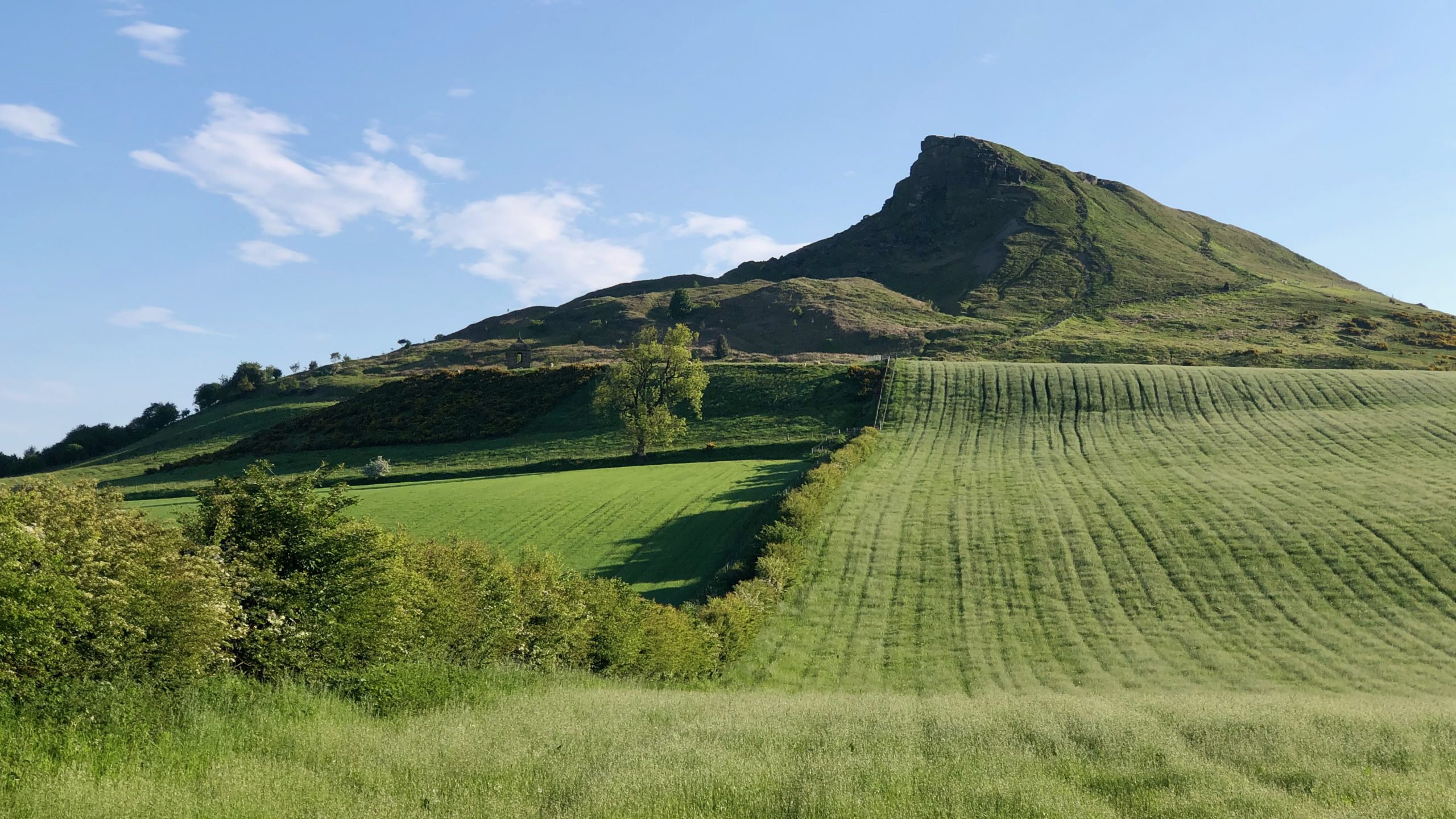In the last century, for a period of more than 50 years, children were granted a half-day off from school on May 24th to commemorate ‘Empire Day.’ This celebration was aimed to highlight the grandeur of the empire and foster a sense of connection among its subjects. It was initiated in response to concerns raised by the Earl of Meath about the widespread lack of knowledge regarding the empire’s accomplishments. Supposedly, Meath was disheartened when he asked a group of teenagers about their awareness of the Indian Uprising and received only one positive response (which no doubt made no mention of the atrocities carried out by British troops). This revelation troubled him greatly, especially considering his upbringing at Eton, where he was taught that not brushing snow off one’s knees was a sign of weakness and against imperial values. He believed that such ignorance was prevalent and posed a threat to the faith in the empire as civilization’s greatest achievement. Worried about the potential decline of the British Empire, similar to the fate of other empires throughout history, Meath actively campaigned for the establishment of an annual Empire Day to be celebrated on Queen Victoria’s birthday1Sanghera, Sathnam. ‘Empireland: How Imperialism Has Shaped Modern Britain.’ Pages 2-3. 2021. Penguin Books..
In 1909, Fred Lee, a schoolboy from Stokesley, seized the opportunity for an adventurous expedition up Roseberry Topping. His captivating account was subsequently published in the Northern Weekly Gazette:2‘A Visit to Roseberry. | Northern Weekly Gazette | Saturday 24 July 1909 | British Newspaper Archive’. 2023. Britishnewspaperarchive.co.uk <https://www.britishnewspaperarchive.co.uk/viewer/bl/0003075/19090724/198/0033> [accessed 24 May 2023]
On Empire Day we were given the afternoon holiday. Some of my friends and I made up our minds to go to Rosebery Topping. We left school at eleven o’clock. As soon as we finished our dinners we set off. Passing the old Auction Mart we made our way past the mill. The sun was shining gloriously. The weather was so hot as we passed through Ayton fields that we had to take our coats off. After an hour’s walk we arrived at the village of Ayton. The children of Ayton were amusing themselves by playing cricket and other games. Crossing the bridge over the village beck we journeyed towards Roseberry. The time was now two o’clock. We passed through a wood which was clothed with primroses and pretty blue flowers. From the bottom of Roseberry people at the top looked like midges. We then set our legs to work. We reached the top only to get nearly blown away. Then we had some refreshments. After a rest we had a walk down the other side. Sheep were grazing on the sides of Roseberry. The atmosphere was so clear that we could see the sea at Redcar, the furnaces at Newport, and the town of Guisborough. After this we set off for home. When we arrived at Ayton we were finding the want of another rest. So we thought it was best to go straight home. We arrived home at a quarter to eight after an enjoyable outing.
Empire Day gained immense popularity, with the BBC actively promoting it, especially with a special program in 1929 hosted by Sir Henry Newbolt. The BBC dedicated over three hours of airtime to it. A thanksgiving service held at Wembley Stadium for Empire Day drew an impressive crowd of approximately 90,000 people. Nearly all towns across Britain observed the annual event, organising parades, musical performances, bonfires, and fireworks. Newspapers published additional sections dedicated to Empire Day, and the celebration even inspired themed shopping weeks. The Daily Express arranged an Empire Day Festival, while reports of the festivities reached as far as Australia3Sanghera, Sathnam. ‘Empireland: How Imperialism Has Shaped Modern Britain.’ Pages 2-3. 2021. Penguin Books..
Following the conclusion of World War II, the British Empire was experiencing irreversible decline, rendering the observance of an Empire Day outdated. As a result, in 1958, it was renamed as British Commonwealth Day, and subsequently, in 1966, as Commonwealth Day. The date chosen for Commonwealth Day was shifted to June 10th, which coincided with the official birthday of Queen Elizabeth II. However, in 1977, the date was once again changed to the second Monday in March. Nowadays, the anniversary of Empire Day, along with the accompanying chant “Remember, Remember Empire Day, the 24th of May,” has largely faded into obscurity.
This short 1922 film from British Pathe shows children celebrating empire day. It could be said to demonstrate a form of indoctrination into the imperialist mindset from an early age.
- 1Sanghera, Sathnam. ‘Empireland: How Imperialism Has Shaped Modern Britain.’ Pages 2-3. 2021. Penguin Books.
- 2‘A Visit to Roseberry. | Northern Weekly Gazette | Saturday 24 July 1909 | British Newspaper Archive’. 2023. Britishnewspaperarchive.co.uk <https://www.britishnewspaperarchive.co.uk/viewer/bl/0003075/19090724/198/0033> [accessed 24 May 2023]
- 3Sanghera, Sathnam. ‘Empireland: How Imperialism Has Shaped Modern Britain.’ Pages 2-3. 2021. Penguin Books.

Leave a Reply